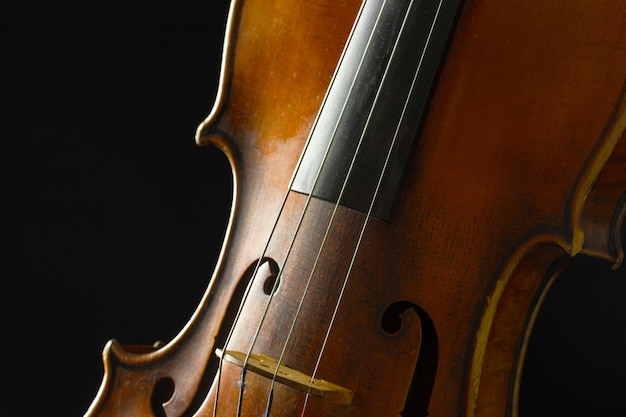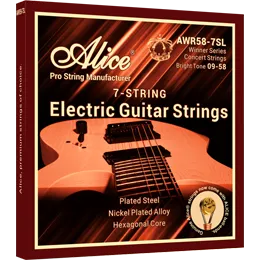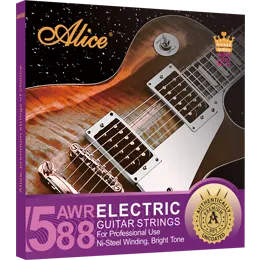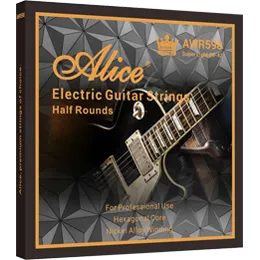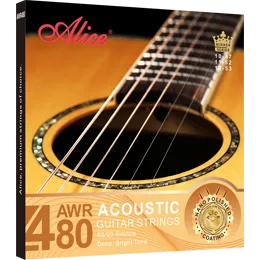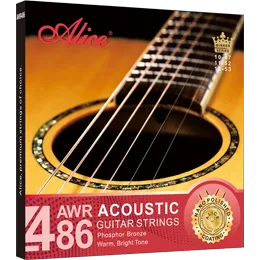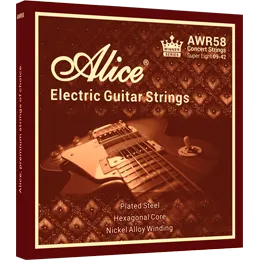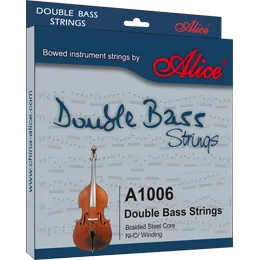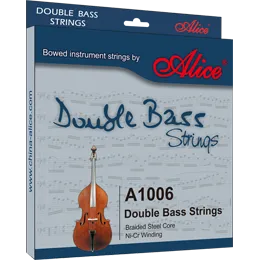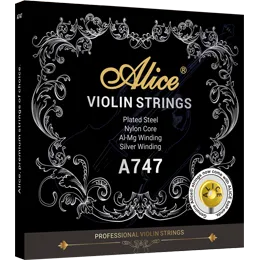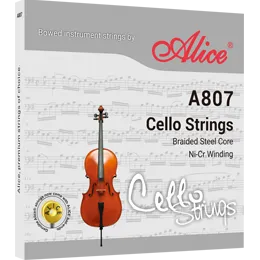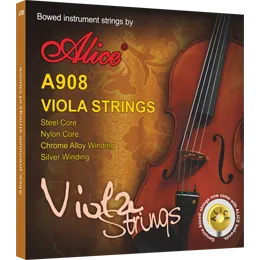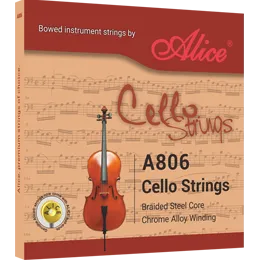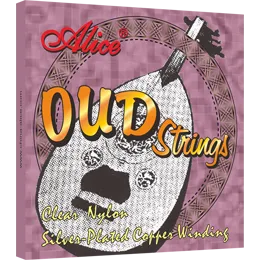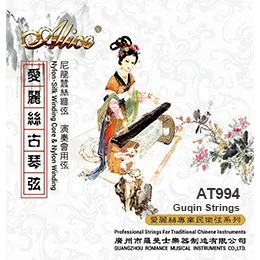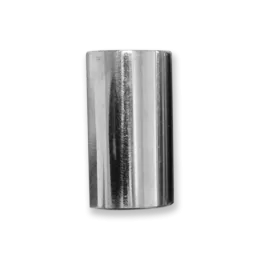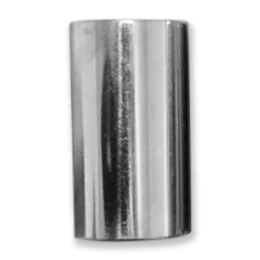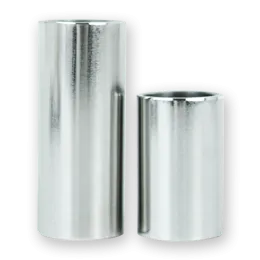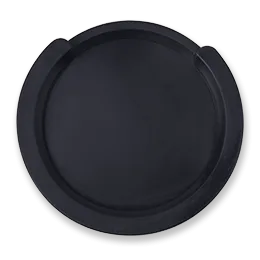Practice for Mastering Guitalele Strings: 15 Easy Guitalele Songs to Play
If you’re here, chances are that you already have a Guitalele or are planning to get your hands on one soon. Either way, mastering this delightful mix of guitar and ukulele makes your music sound richer than ever!
But let’s not forget the complexities of Guitalele strings that come along. Don’t worry; let’s dig into the 15 easy Guitalele songs and how to play them!
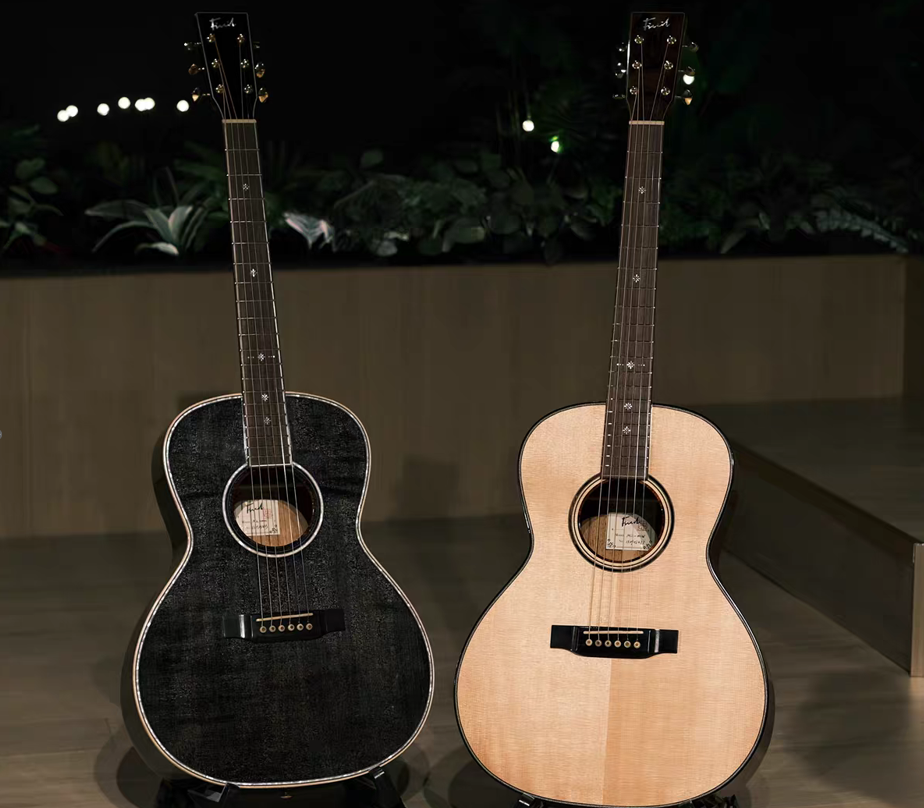
15 Easy Guitalele Songs to Practice
Before jumping onto the cool list we’ve prepared, it’s important to understand why mastering Guitalele strings is a win.
To some extent, a Guitalele gives you the best advantages of guitar and ukulele in one package. You know what that means? Playing it all – from pop hits to classic tunes. Better yet, your confidence as a musician doubles with the knowledge!
So, let’s head on to the 15 simple Guitalele songs you can practice. All on the list follow the unique Guitalele tuning, i.e., A-D-G-C-E-A!
The full tabs of the 15 songs can be seen at pdf-minstrel
1. “Allegro” by Wolfgang Amadeus Mozart
While this song might be slightly tricky for you, it’s entirely possible – even if you’re just starting out. The tempo marking of 130 BPM means you’ll need to put this together fairly quickly.
Tabs:
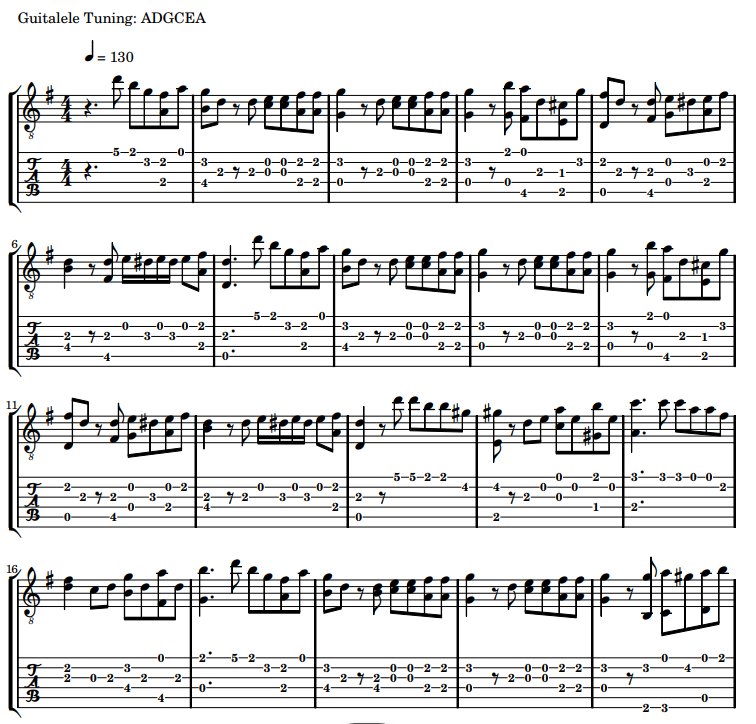
2. “Amazing Grace” by John Newton
If you’d like to start slow, “Amazing Grace” might be your top pick. The slower tempo (80 BPM) lets you take your time to learn finger placements and chord transitions. This is exactly what makes this one a favorite!
Tabs:
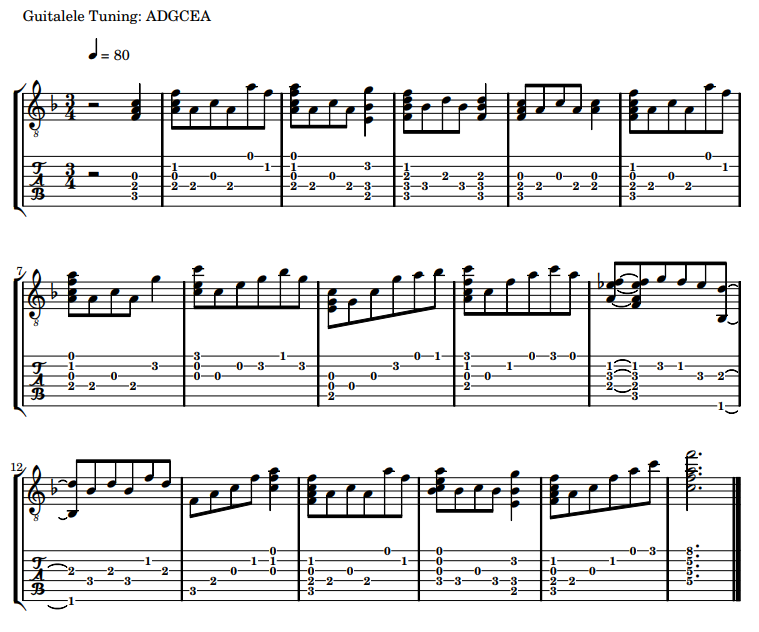
3. “Melodic Study” by Joseph Kuffner
“Melodic Study” is another great piece that can be pretty straightforward once you understand the concepts fully.
Tabs:
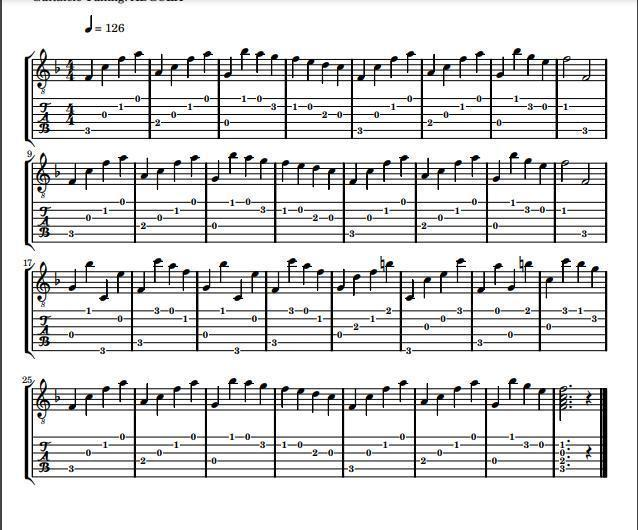
4. “Scotland the Brave” – Scottish Traditional Tune
Once you’ve mastered the basics, Scotland the Brave can be fairly easy to play. The tune has a strong melody with variations typical of traditional Scottish music, but soon, you’ll be playing it with your hand placement right!
Tabs:
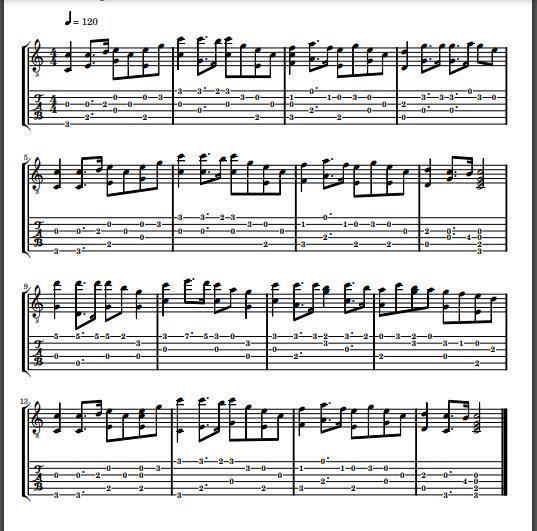
5. “Trumpet Tune” by Jeremiah Clarke
Don’t let the tempo of 120 BMP frighten you here. Trumpet Tune has a strong melody featuring fanfare-like motifs sounding like a trumpet, hence the name. But before you’re in, make sure you know fingerstyle playing well.
Tabs:
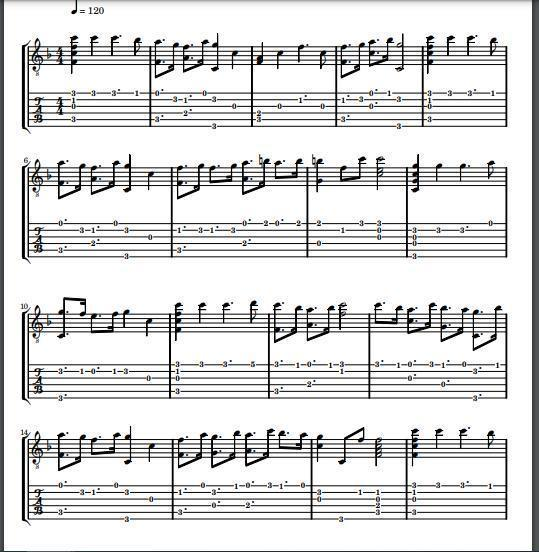
6. “Scale Study” by Matteo Carcassi
A Guitalele song featuring 140 BMP? We know that’s daunting! This song is as much about notes as it is about creating the right musical expression. Here, timing is really the key.
Tabs: Click here for the full tabs.
7. “Mistress Winter’s Jumpe” by John Dowland
Renaissance music like Mistress Winter’s Jumpe often has tricky melodic lines, but practicing one note at a time helps you get this right.
Tabs: Click here for the full tabs.
8. “Auld Lang Syne” — Scottish Traditional Tune
Here’s yet another traditional Scottish tune, but fairly easier than the one we previously discussed on the list. Given its familiar melody and simple chord progressions, this one gives you a great feel when playing on a Guitalele.
Tabs: Click here for the full tabs.
9. “Landler” by Joseph Kuffner
As cool as it is, Landler by Joseph Kuffner has a moderate tempo. This means you’ll need to practice precise fingerwork before you’re able to pull this one off!
Tabs: Click here for the full tabs.
10. “Andante” by Ferdinando Carulli
While Andante has 120 BPM, the piece is played at a walking pace. So, if you’d like a less technical piece, this one is it.
Tabs: Click here for the full tabs.
11. “Bonaparte Crossing the Rhine” – Traditional Irish Tune
If you’re in for something that’s both challenging and enjoyable, Bonaparte Cross the Rhine is definitely your tune to play.
Tabs: Click here for the full tabs.
12. “Maestoso” by Mauro Giuliani
For Maestoso, we recommend practicing the piece slowly with a metronome and gradually enhancing the tempo as you pick the pace up.
Tabs: Click here for the full tabs.
13. “Partita - Entree” by Giuseppe Brescianello
With 60 BPM, Partita is the easiest on the list. So, if you’re a complete beginner, start slower and gradually adjust to get it right.
Tabs: Click here for the full tabs.
14. “Prelude from Cello Suite No.1” by Johann Sebastian Bach
Got your eyes on Prelude from Cello Suite No.1? Well, you’ll need a strong fingerstyle technique to articulate the melody and maintain the characteristics of Bach’s compositions.
Tabs: Click here for the full tabs.
15. “Waltz” by Ferdinando Carulli
Finally, Waltz will require using bass notes and your fingers to get the melody right. Yes, this one’s not overly complex, but practice makes a man perfect!
Tabs: Click here for the full tabs.
FAQs about Guitalele
1. Can You Use Guitar Tabs on a Guitalele?
Yes, you can use any guitar tab and play it on your Guitalele. This becomes way easier if you’re familiar with guitar notation.
2. Can I Put Regular Guitar Strings on a Guitalele?
Yes, regular steel strings can be put on a Guitalele. However, it’s best to purchase a steel string Guitalele specific for steel strings.
3. Can You Learn Guitar on a Guitalele?
Yes, it’s entirely possible to learn guitar on a Guitalele before getting your hands on a large-sized guitar.
Where to Find the Best Guitalele Strings?
If you’re looking for high-quality Guitalele strings, Alice is a reliable choice. Whether you want nylon strings or steel guitalele strings, Alice caters to all your musical needs. We have a wide range of premium products to choose from, which is exactly what makes all Guitalele enthusiasts pick us!

Wrapping Up
While we’ve mentioned our cool Guitalele strings, there’s so much more we offer to serve your music interests right. Whether you’re a beginner or an expert Guitalele player, you won’t regret checking out Alice. It’s your sign to discover what fellow guitarists love about us!
Relate News
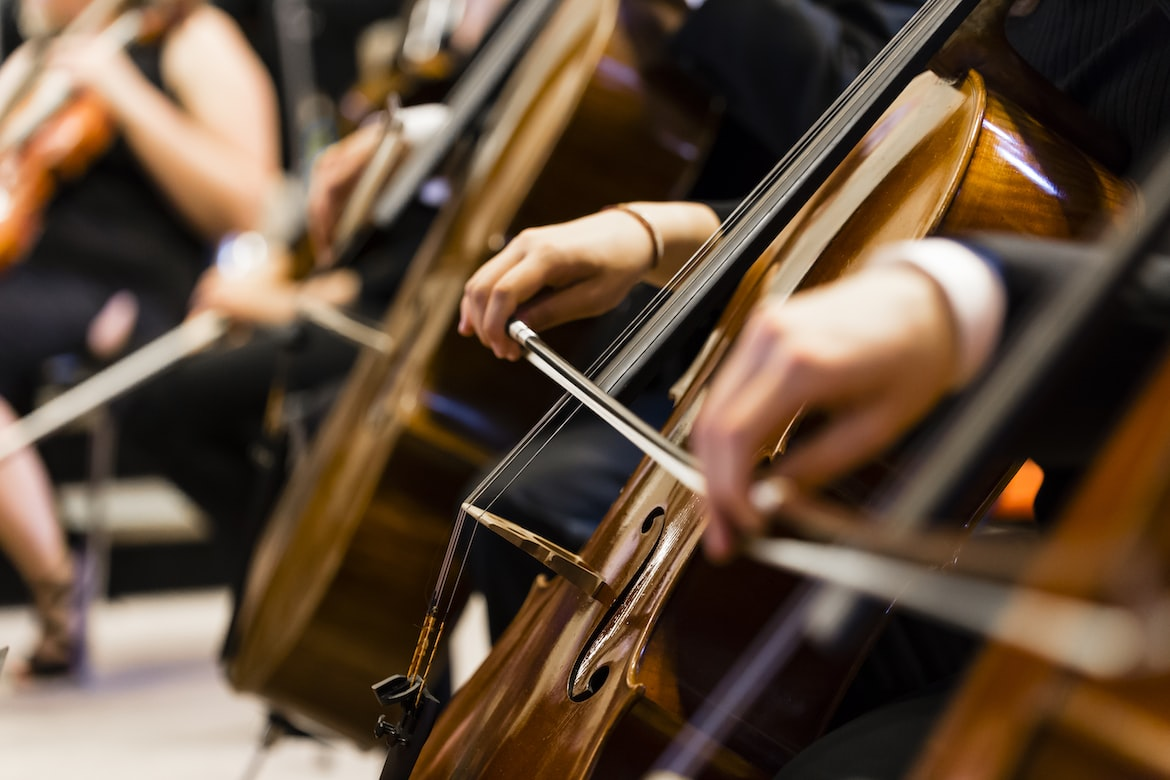
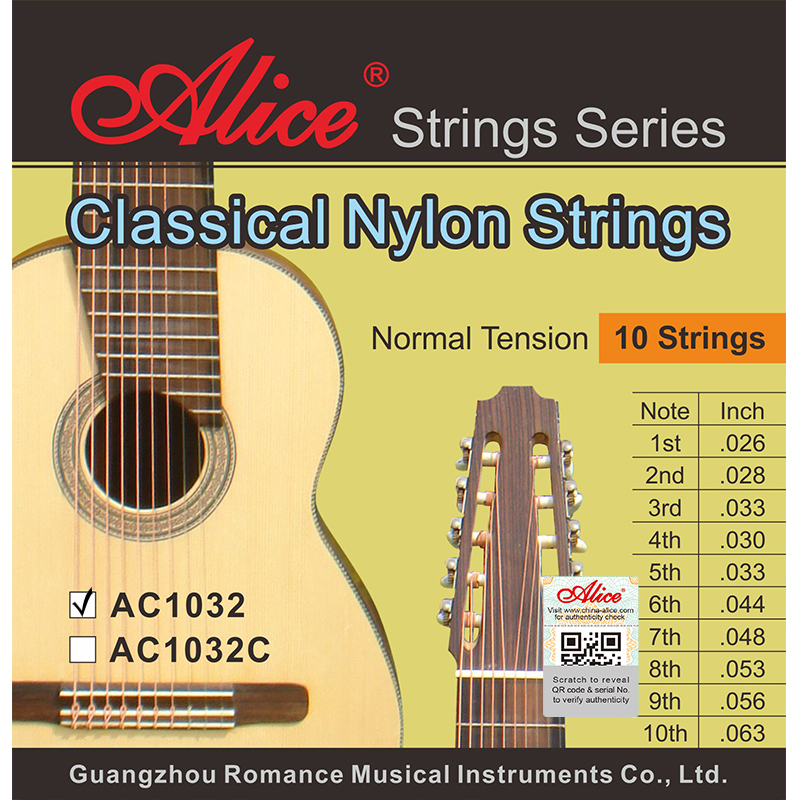
Nylon Strings for Classical Guitars: Everything You Need to Know
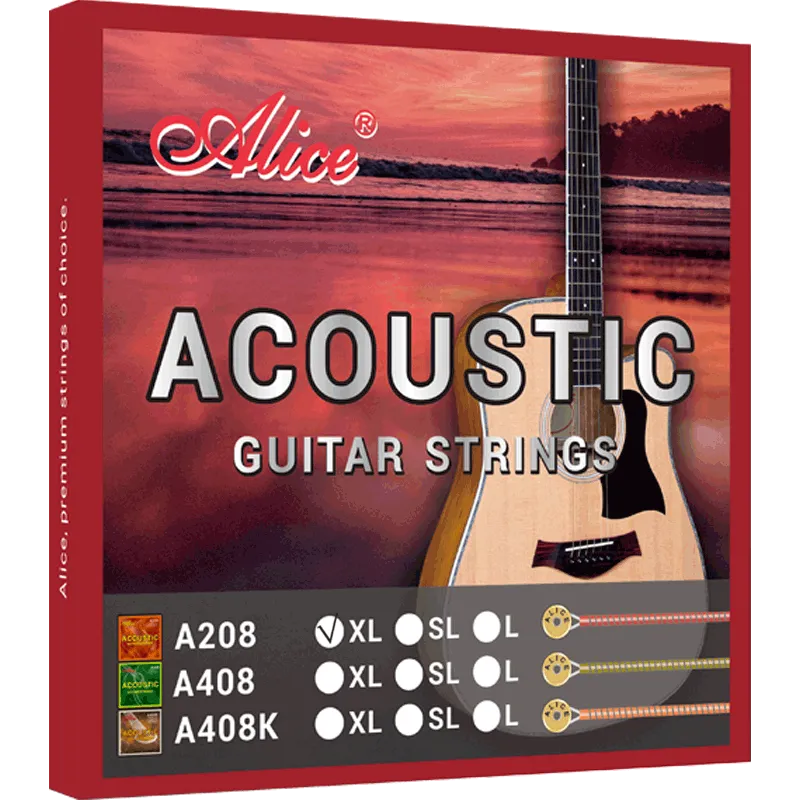
5 Key Indicators to Identify High-Quality Acoustic Guitar Strings
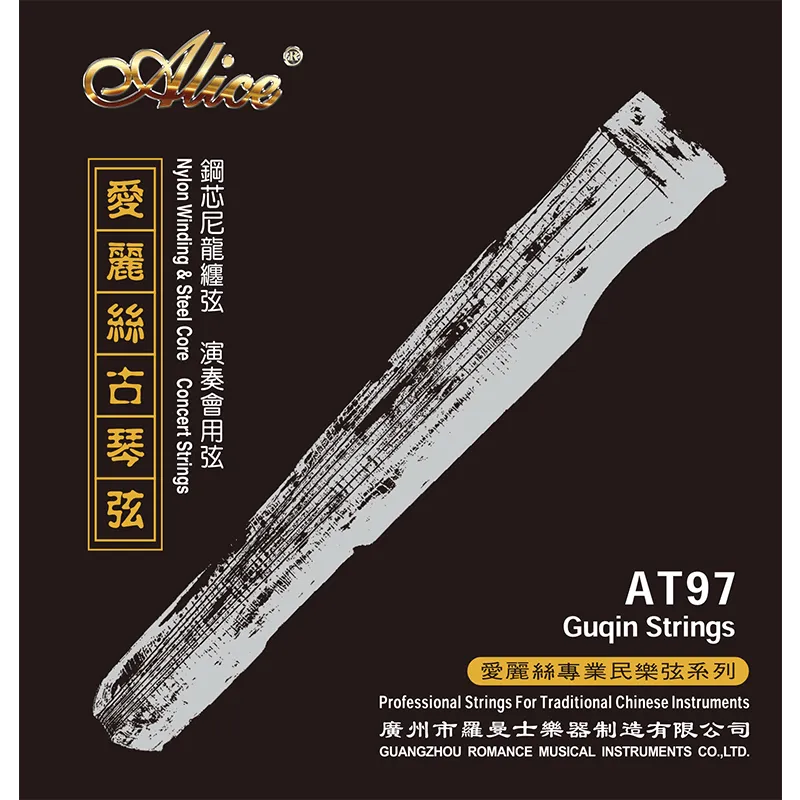
What Are Guqin Strings Made Of?
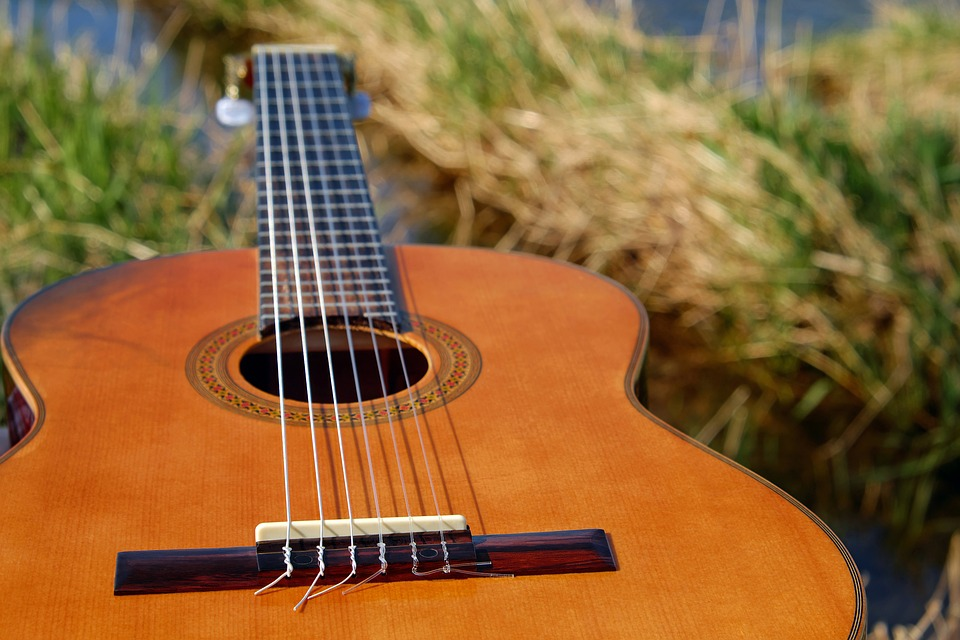
Silk Strings, Steel Strings, and Nylon Strings: Which Is Best for Your Traditional Music Performance?
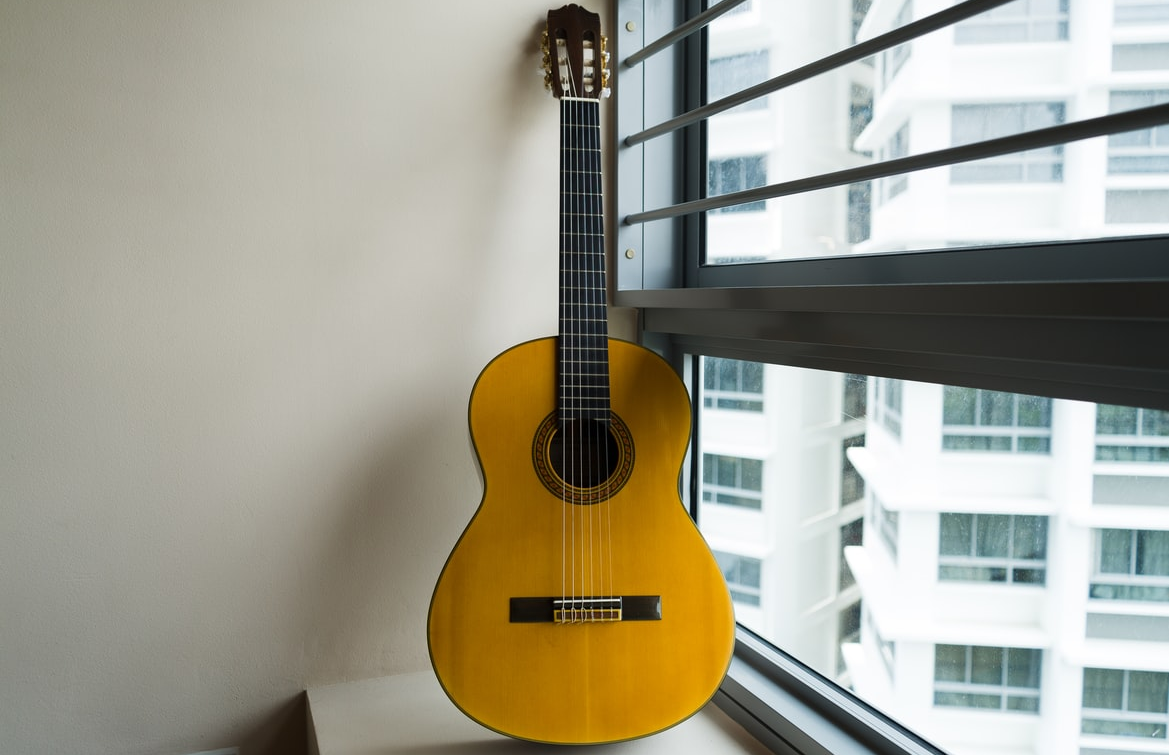
Complete Guide to Guitar String Materials

Orchestral Strings Explained: A Beginner-Friendly Guide to Violin, Viola, Cello, and Double Bass
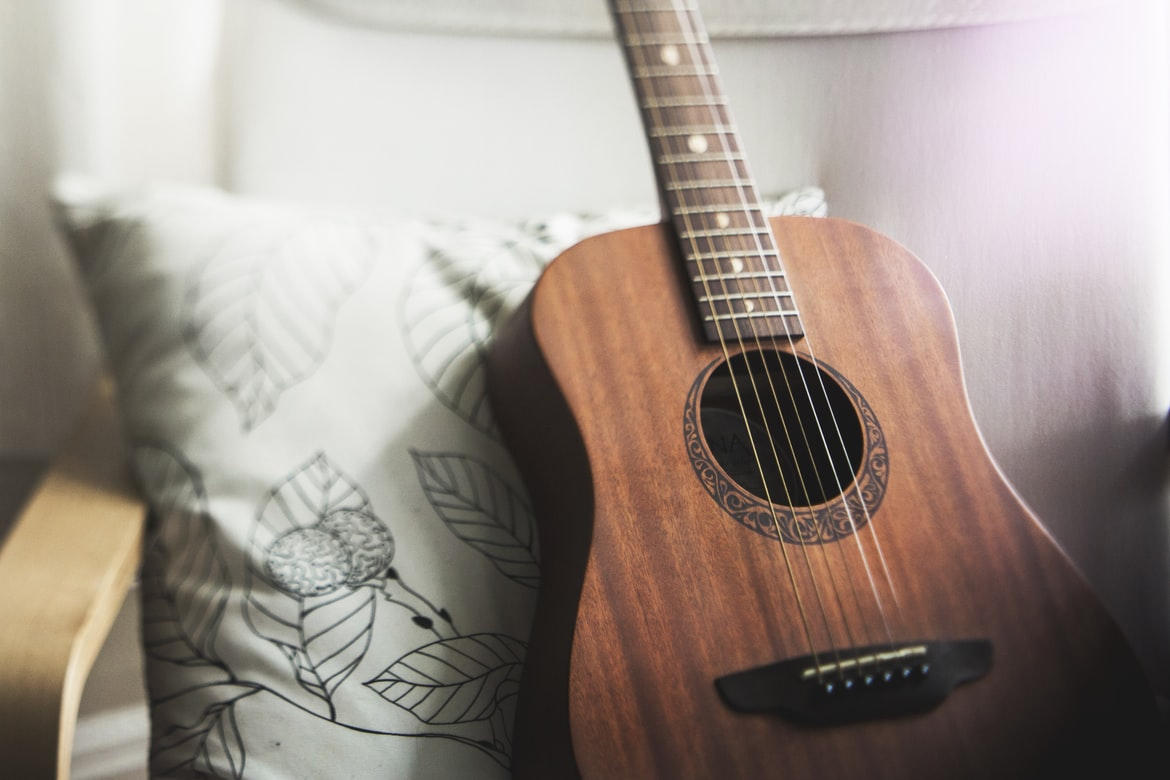
Tone Comparison of Brass Alloy, Phosphor Bronze, and Coated Guitar Strings

How to Choose the Right Guitar Strings for Your Performance: A Scenario-Based Buying Guide
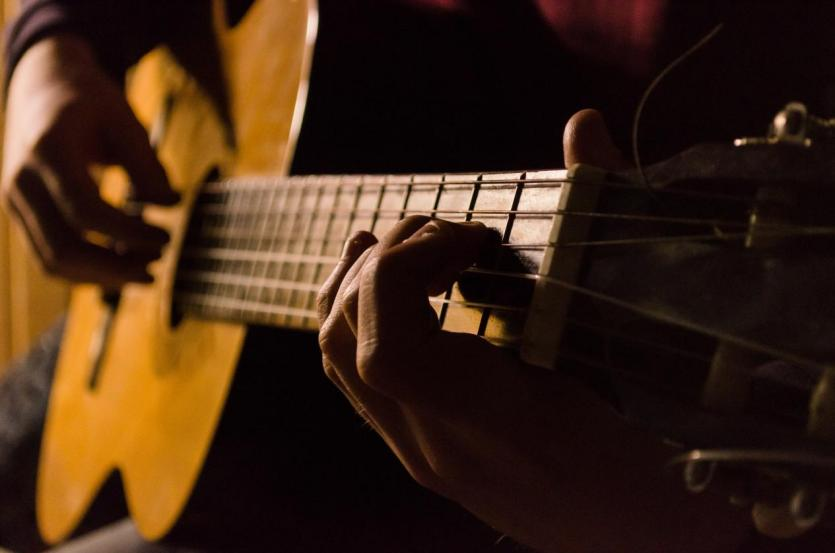
OEM Guitar String Customization: A Detailed Guide to the Process
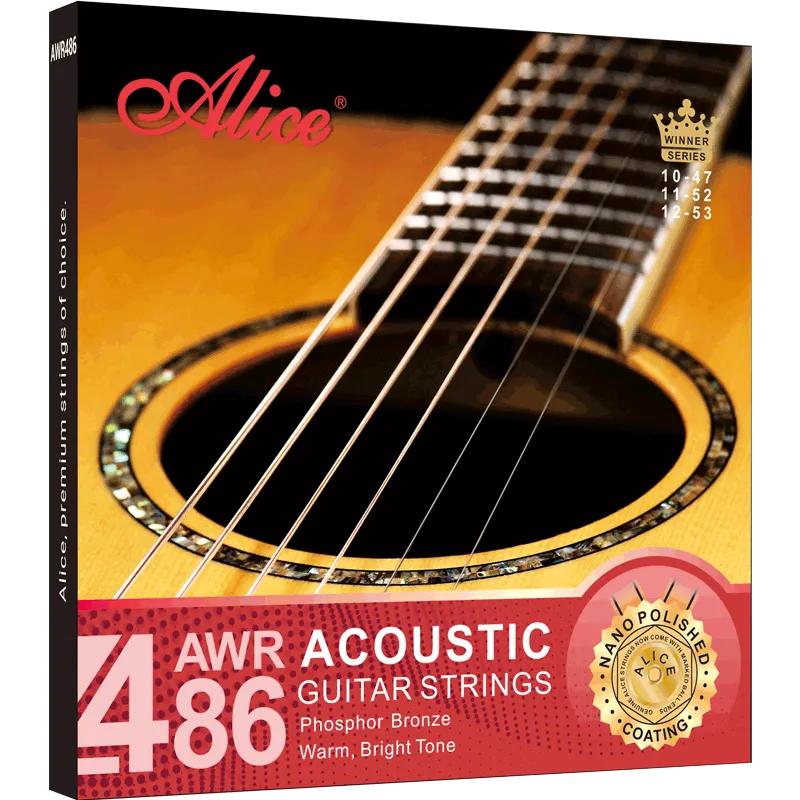
Copper Alloy vs Phosphor Bronze: Which Acoustic Guitar Strings Suit You Best?
